Travel
These 20 Places Are Rolling Out The Welcome Mat For Remote Workers And Expats

While many countries compete for global talent, some go further, offering financial and lifestyle incentives to attract newcomers. In some cases, entire nations run these programs; in others, incentives come from specific towns or regions. If you’re after a slower pace or a business-friendly hub, these destinations may offer more than you’d expect.
Spain
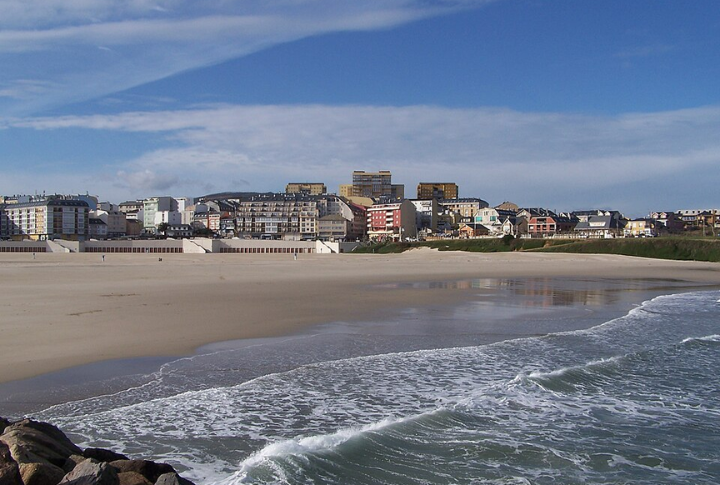
Spain’s rural regions offer generous incentives to attract new residents. For example, in villages like Ponga, families receive €3,000 (around $3,443) per adult and child. Similarly, Galicia supports newcomers with renovation grants for abandoned homes. Though some programs require a five-year stay, extra benefits are available for those starting local businesses.
Italy

In Italy, towns, namely Sambuca, sell homes for just €1 ($1.15) to attract new residents. Regions such as Calabria even grant up to €30,000 (around $34,433) to those willing to relocate. However, buyers must be willing to renovate the properties, which are primarily situated in scenic, historic villages full of charm and cultural appeal.
Ireland
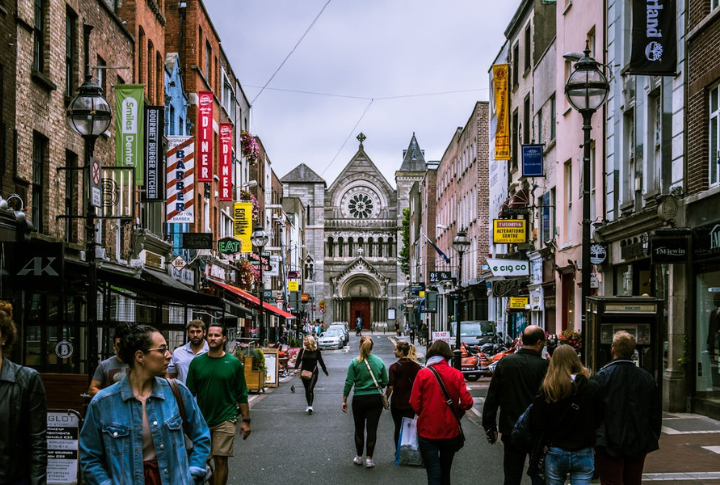
Through the “Our Living Islands” initiative, Ireland is encouraging people to move to its remote offshore communities by providing grants of up to €84,000 (approx. $96,414). The program supports housing, business development, and access to schools. Participants are required to live in the property full-time, helping bring life back to these quiet islands.
Portugal

Portugal attracts remote workers and retirees with 10-year tax breaks under its Non-Habitual Resident regime. In towns like Ponta do Sol, the Digital Nomad Village community initiative offers free coworking space, fast WiFi, and networking events. This regional initiative fosters community and support, making the scenic town an appealing, affordable base for remote living.
Switzerland

Situated in the Alps, the quiet village of Albinen in Switzerland gives over $25,000 per adult and $10,000 per child to attract new families. Applicants must be under 45 and commit to staying for 10 years. The funds support homebuilding or buying, with stunning mountain views as a daily backdrop.
Japan

In several rural towns across Japan, families can find abandoned homes, known as akiya, available at little to no cost. Municipalities like Kagawa and Tokushima also give relocation grants of up to $8,000. Regions such as these often include renovation subsidies and bonus support for families raising children to encourage settlement.
Chile
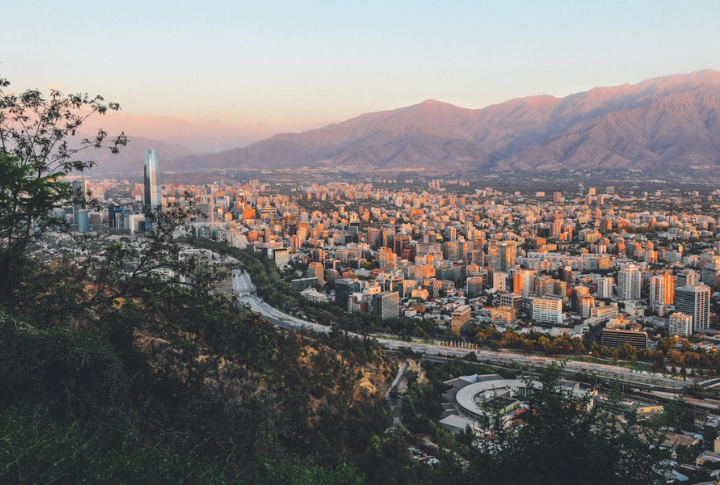
Global entrepreneurs seeking aid can benefit from “Startup Chile,” a government program that grants up to $80,000 in equity-free funding. Based in Santiago, the program includes a one-year visa, coworking space, and access to a vibrant startup scene. These incentives have made the country a leading hub for innovation in Latin America.
Greece
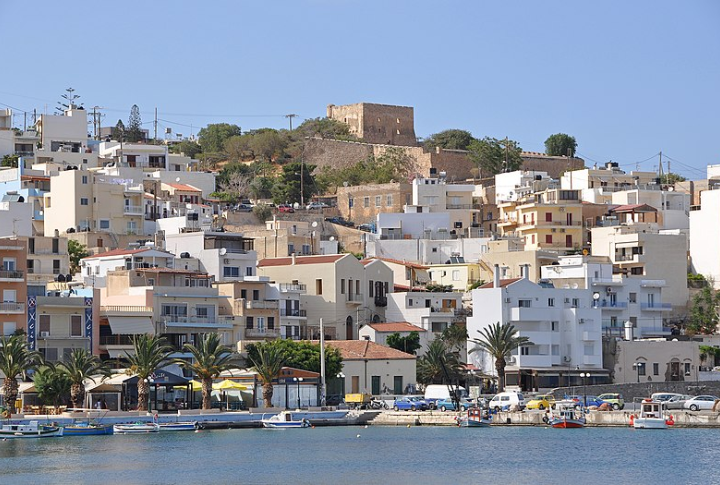
Greece draws digital nomads with its slower pace and postcard-worthy views, especially on islands like Crete and Rhodes. Life here feels easier—and often cheaper—than in much of Western Europe. Non-EU citizens can apply for a special visa, and long-term stays come with a 50% tax break for up to seven years.
Germany
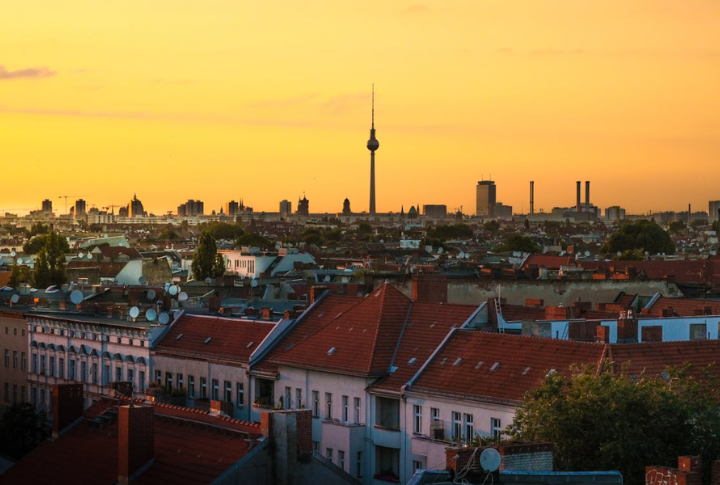
Germany creates space for innovation through programs like EXIST, which backs university-based entrepreneurs with funding and resources. In Berlin, startups thrive with monthly living support of up to €1,200 (around $1,377), expert mentoring, and access to research facilities. It’s a setup that makes launching a new venture much more feasible.
Mauritius

Live a relaxed tropical lifestyle, enjoying warm weather and modern comforts on a vibrant island. In Mauritius, remote workers qualify for a one-year renewable visa, and foreign income is not taxed. The government assists in housing and schools, and only a $1,500 monthly income is needed to qualify for the program.
Mexico

In Mexico, a monthly income of around $4,000 qualifies applicants for temporary residency. Well-known cities like San Miguel de Allende and Merida offer housing incentives, while retirees benefit from discounts on travel and healthcare. Large expat communities, vibrant culture, and warm weather make Mexico an affordable and socially connected place to live.
Austria

Qualified professionals from non-EU countries can apply for Austria’s Red-White-Red Card, a points-based program granting residence and work permits. Additionally, some rural areas in Austria also provide housing incentives, such as discounted rent and subsidies for home renovations, to attract talent and encourage settlement in less populated regions.
South Korea

In South Korea, Jeju Free International City offers more than scenic views—it’s a hub where startups thrive. The government provides subsidies, streamlined visa options, and support with office space. With English-friendly zones and international schools in place, the island draws global entrepreneurs ready to build and grow in a welcoming environment.
Canada

Canada’s smaller towns like Moose Jaw and North Bay, which face worker shortages, attract skilled newcomers by offering strong support. They provide permanent residency pathways, relocation assistance, housing, and job placement services. These programs help immigrants settle quickly as well as fill critical roles across various industries.
Uruguay

With friendly policies for remote workers and retirees, Uruguay attracts global talent. It offers a 10-year exemption on foreign income and grants residency after one year. Tech professionals benefit from Montevideo’s incentives, including tax breaks and support from LATU Ingenio, a startup incubator providing workspace, legal aid, and funding.
Iceland
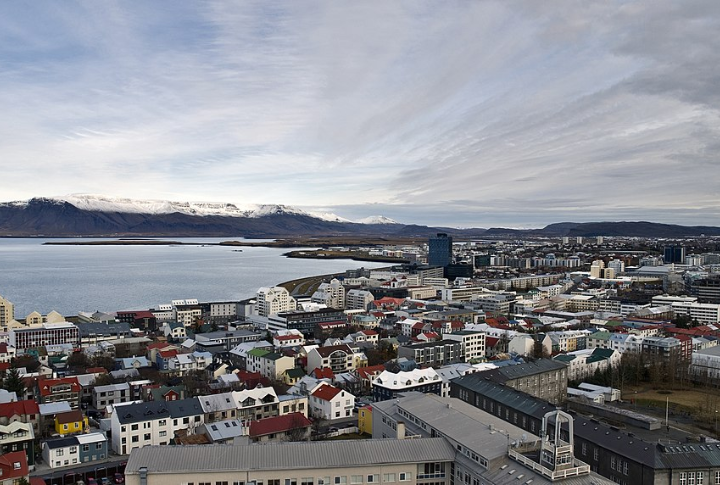
Remote workers and entrepreneurs find Iceland appealing for its clean energy and natural beauty. In Reykjavik, coworking hubs and innovation grants support new ideas. Moreover, the entrepreneur visa enables self-employed foreigners to launch businesses, and remote professionals can stay up to 180 days, making the country ideal for work and exploration.
Thailand

Thailand’s Smart Visa program attracts entrepreneurs and startups by allowing stays of up to four years without a work permit. It even includes access to government aid and simplified immigration. The country’s tech-friendly cities, such as Bangkok and Chiang Mai, deliver infrastructure and frequent networking events that foster a lifestyle ideal for remote work and innovation.
Malaysia

A monthly income of $2,500 qualifies foreign nationals for a long-term visa in Malaysia. The country offers quality healthcare, tax-free import of personal belongings, and low living costs. Moreover, its welcoming culture and active expat communities in cities like Penang and Kuala Lumpur make Malaysia an attractive option for international residents.
Croatia
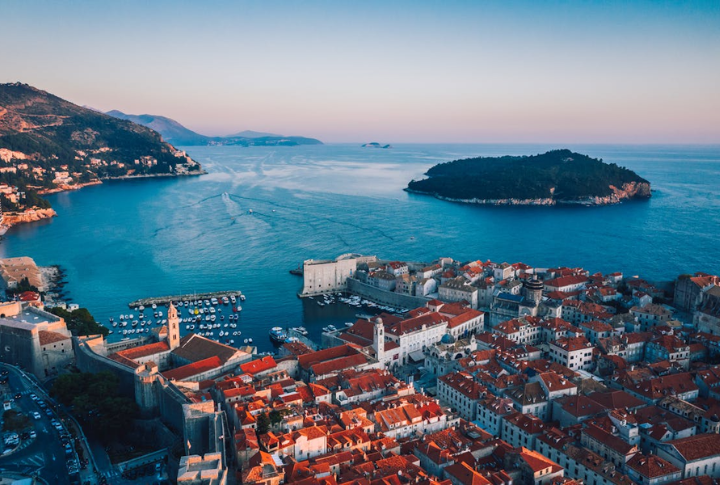
Granting a 1-year visa and exempting foreign earnings from income tax, Croatia appeals to remote professionals. Cities such as Split and Dubrovnik actively welcome them as the government provides housing and business support. With English widely spoken in urban areas, settling in and working here becomes convenient and culturally engaging.
Slovenia

Slovenia sets up startups for success with grants tied to business registration and local hiring. Entrepreneurs in Ljubljana benefit from incubators and mentorship programs that help ideas grow faster. Add in low corporate taxes and smooth entry to the EU market, and it’s a smart place to launch.

